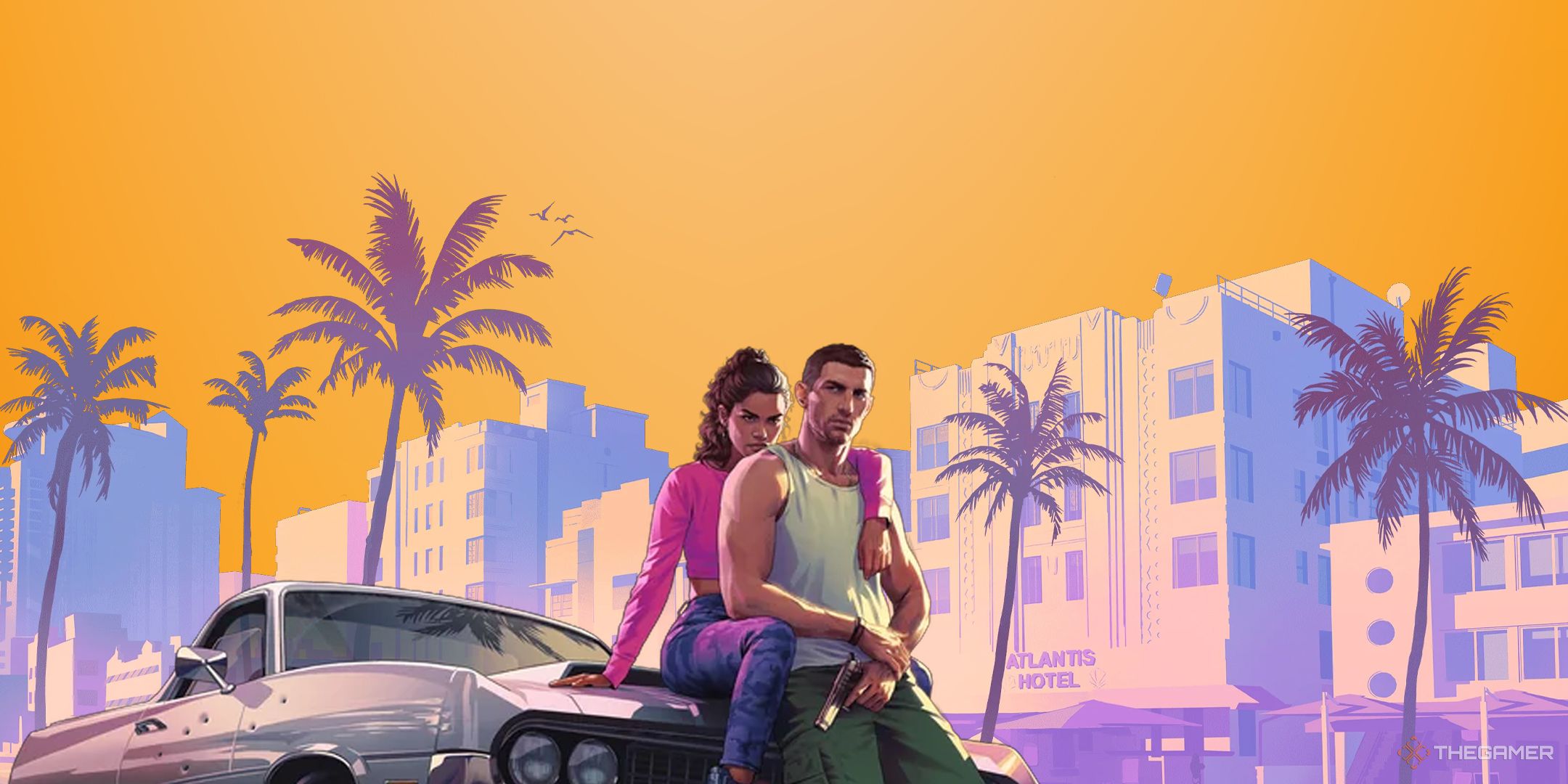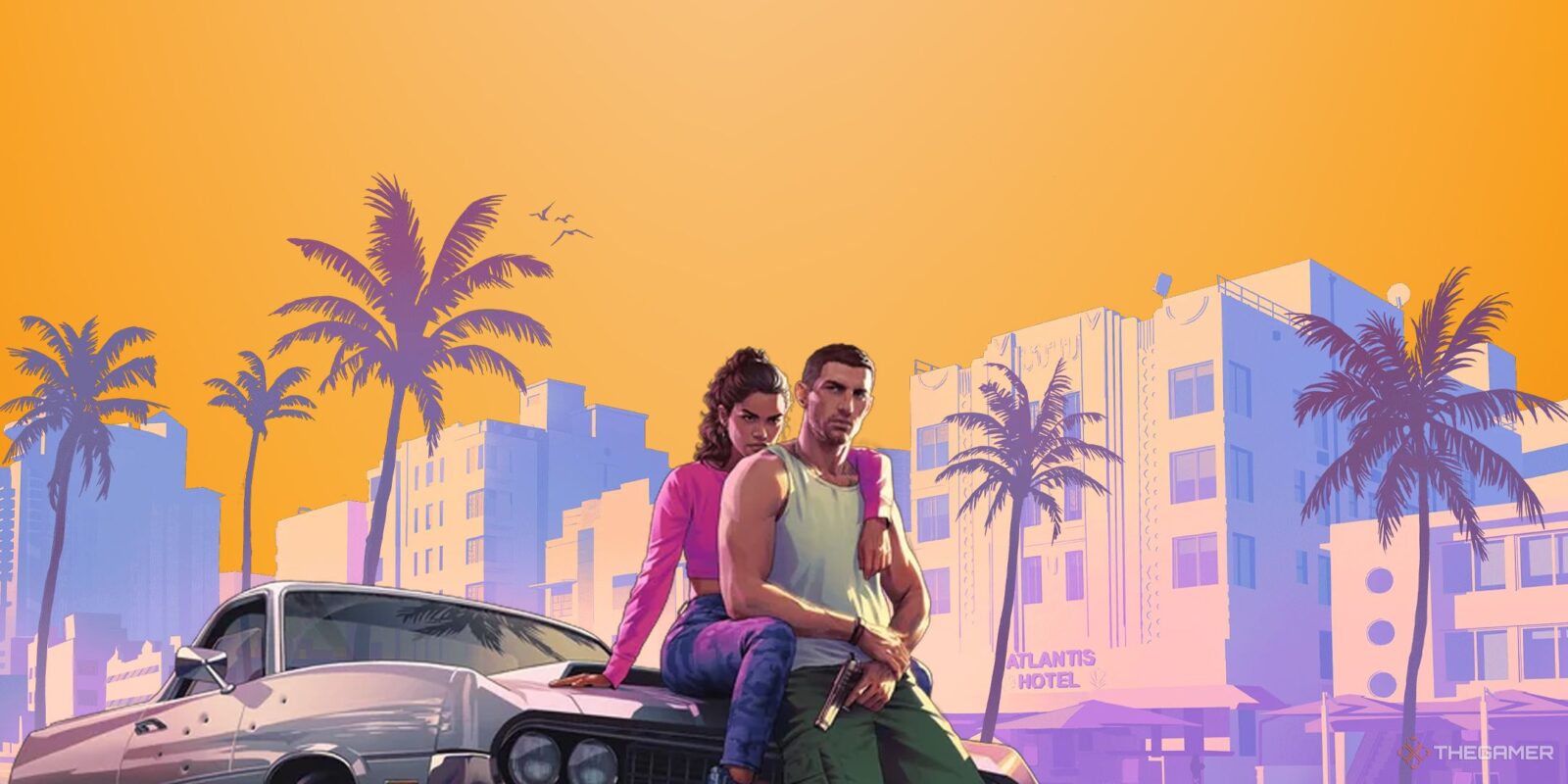
Summary
- The question of whether video games cause violence has once again cropped up, but Take-Two CEO Strauss Zelnick said that he’s “not worried”.
- Ahead of GTA 6, he argued that “entertainment doesn’t create behaviour, entertainment reflects behaviour”.
The ’90s saw an unprecedented boom in violent video games, with icons like Mortal Kombat and Doom stirring up so much controversy that the US government even held two congressional hearings that led to the formation of the ESRB.
But all these years later, news outlets across the political spectrum, as well as prominent political figures, still question whether video games cause violence. Just two years ago, French President Emmanuel Macron boldly claimed that social media and video games were fuelling riots across the country (which he later apologised for), while President Donald Trump claimed in 2019 that video games were to blame for mass shootings. It’s not the first time such acts have been blamed on games, either. In 2009, after the Winnenden school shooter was found to have been a fan of Counter-Strike and Far Cry 2, Germany considered a blanket ban on all violent video games.
Call of Duty also came under immense scrutiny for the infamous “No Russian” mission.
For three decades, it has been an incredibly controversial topic across the globe. And with GTA 6 focusing on a Bonnie & Clyde-inspired couple committing a crime spree across Florida-inspired Vice City, the question has cropped up again: do video games cause violence? Take-Two CEO Strauss Zelnick, however, says that he’s “not worried”.
“To be clear: entertainment doesn’t create behaviour, entertainment reflects behaviour,” Zelnick said in an interview with CNBC (as reported by VideoGamer). “Entertainment gives people an opportunity to release feelings, engage in feelings, entertainment tells stories. The notion [that] entertainment creating behaviour has been tested and disproved over and over again.”
GTA Is No Stranger To The Video Game Moral Panic
GTA 3 was a revolutionary game, and its influence can still be felt today. It swapped the top-down, pixelated world of its predecessors for a much more realistic, 3D, open-world sandbox, making it easily among the biggest generational leaps in the medium’s history. But it was hugely controversial at the time among mainstream media outlets.
In 2018, Zelnick was one of many CEOs invited to meet President Trump to discuss violence in video games.
Playing as underworld criminal Claude, in a sandbox where you could do anything, like murdering cops and running over pedestrians, made it an easy target. Indeed, it was criticised for allowing you to “advance by getting more proficient at crime” (as reported by Kotaku) and for being unfit for children, despite the aforementioned ESRB ratings being born of the same panic in the ’90s. Follow-ups such as Vice City even sparked Washington DC to consider banning cop killing in video games.
However, as Zelnick argues, there isn’t much basis for the claims that video games like GTA 3, Doom, or Mortal Kombat cause violence. The University of Oxford investigated the question more thoroughly and “found no relationship between aggressive behaviour in teenagers and the amount of time spent playing violent video games”, and this is just one of many studies. Nonetheless, the debate still rattles on with every passing year.












Leave a Reply